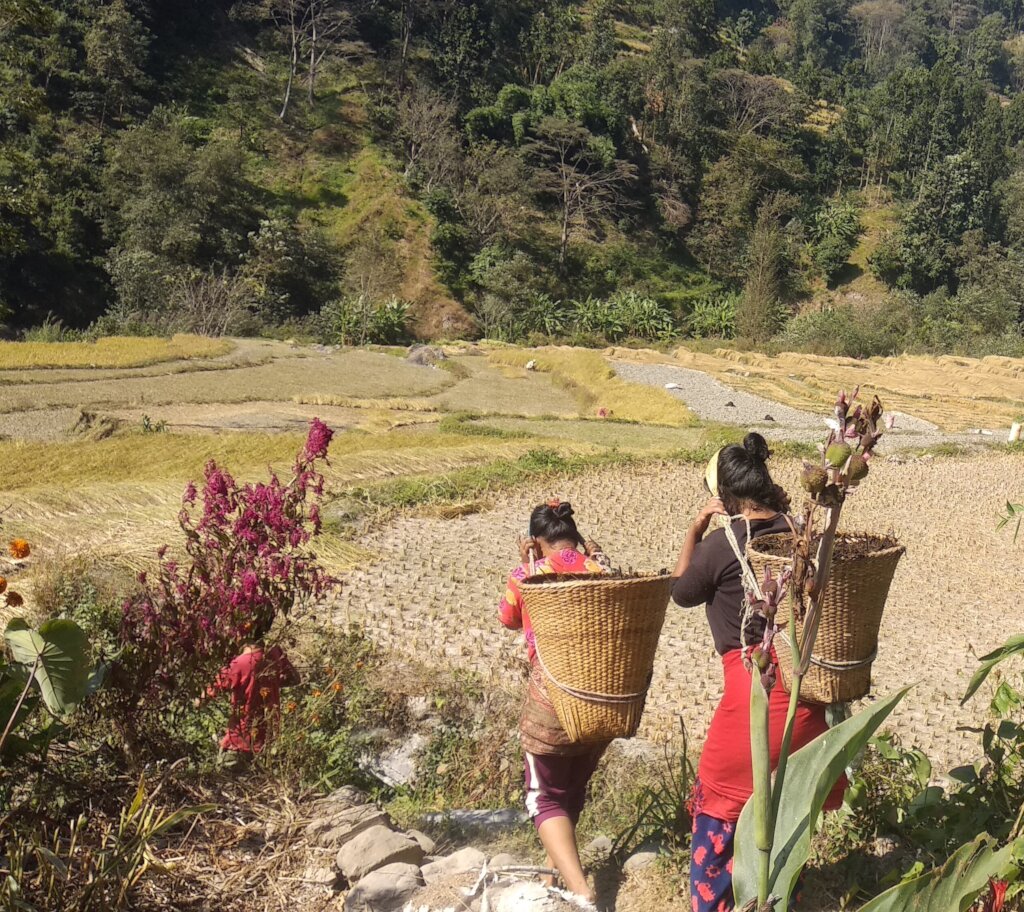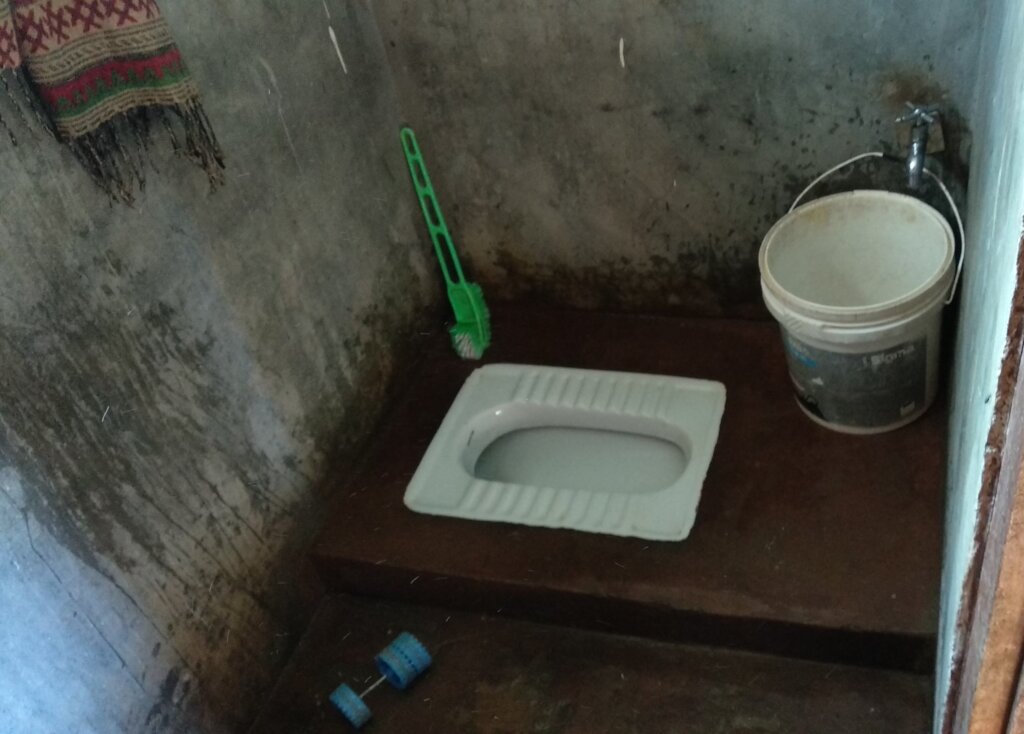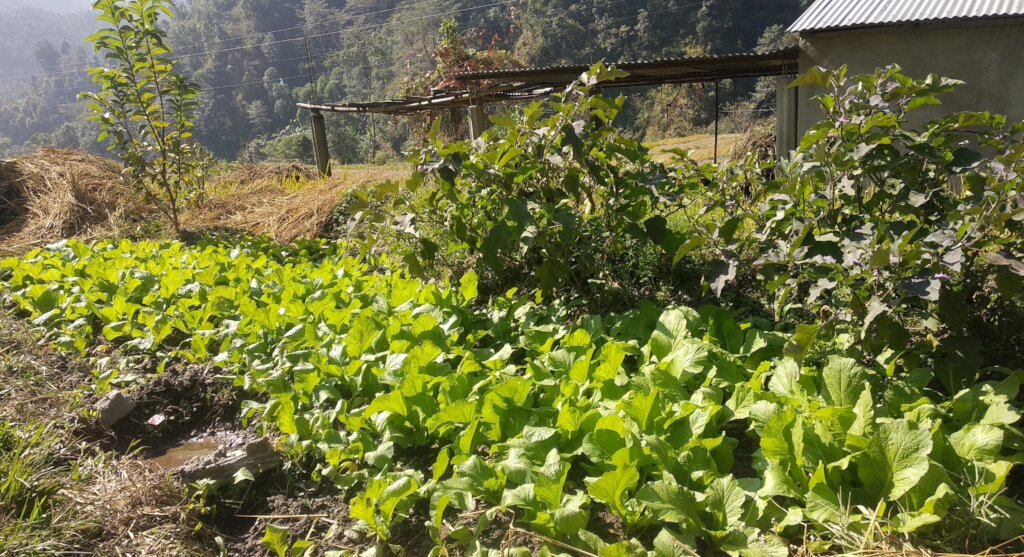By Fionna Heiton | Project Leader
As the Community Resilience Project comes to an end, the team conducted an end of project survey which involved interviewing 65 adults between the ages of 27 and 80. The interviews were conducted over the period of a week in November with participants in each of the nine communities. Schools were also visited and inspected for evidence of improved health and hygiene, kitchen gardens and environmental education.
The survey participants were asked whether anyone in their household had had covid and what happened if they did have covid. Only 3% of those asked said that someone in their household had had covid. This low number of reported cases may be due to the remoteness of the villages, but it may also be that villagers did not recognise the symptoms of covid as being different to other feverish illnesses common in this region. Alternatively, it may be that they did not want to admit to having had covid to someone they didn’t know.
Villagers report that their general knowledge of health and hygiene has improved over the last couple of years and 100% of those interviewed also agreed that a positive outcome of covid was improved health and hygiene awareness. Over 65% have improved general cleanliness in their day-to-day life including handwashing, wiping down surfaces and having clean toilets. It was noticeable that the majority of kitchens and toilets were cleaned to a higher standard than would have been expected pre covid. 20% reported that their behaviour around food hygiene had changed.
General household stress was found to be low with close to 80% of respondents now reporting that their families are coping well. However, over 20% of people said that fear of either covid itself or the impact of it, such as job loss was a negative outcome. They told the team that the biggest problem was a lack of medical supplies. Over half of those interviewed said that they needed access to a local health post.
72% of interviewees felt that the government had not helped during covid and wanted practical help such as the supply of basic food commodities. However, food security is high with community members growing enough food to eat, in fields and kitchen gardens.
Community co-operation exists with almost 50% of respondents reporting that neighbours actively support each other. Also positive is the finding that neighbourly assistance is extended to households who, in the past, may have been discriminated against due to caste / religious taboos.
Moving forward, these communities express a desire to improve their access to health care, to improve their ability to move around with better transport options and to improve their children's futures with better education opportunities.
The last stage of the project is the final judging of best improved community and final report.
Project reports on GlobalGiving are posted directly to globalgiving.org by Project Leaders as they are completed, generally every 3-4 months. To protect the integrity of these documents, GlobalGiving does not alter them; therefore you may find some language or formatting issues.
If you donate to this project or have donated to this project, you can receive an email when this project posts a report. You can also subscribe for reports without donating.




